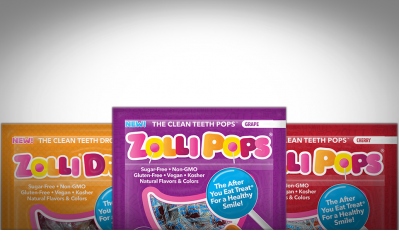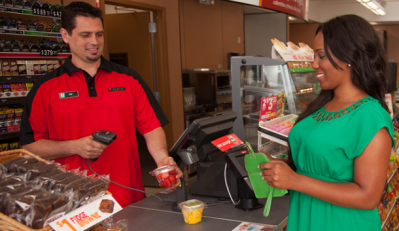Leading candy companies make historic commitment to reduce pack-sizes, increase label transparency

“Today our leading global confectionery companies are coming together to announce the most significant commitment in our industry’s history that we have ever adopted as it relates to being consumer-centric,” John Downs, president and CEO of the National Confectioners Association told attendees at the Partnership for a Healthier America Building a Healthier Future Summit in Washington, DC, May 11.
“The initiative is focused on balance and moderation – providing our consumers more transparency, more choices, more options of smaller pack sizes and more information for them to enjoy their favorite treats, chocolate and candy,” he added.
Specifically, Mars Chocolate, Wrigley, Nestle USA, Ferrero, Lindt, Ghirardelli, Russell Stover and Ferrara Candy Company committed to making half of the individually wrapped products they offer available in packages with 200 calories or less by 2022.
This is a reduction from the current 60% of individually-wrapped products from the companies that contain less than 250 calories per pack.
The companies also promise to print calorie information on the front of 90% of their best-selling products’ packages by 2022, and further develop the newly created AlwaysATreat.com – a consumer-facing website that aims at helping shoppers understand “the unique role that confections can play in a happy, balanced lifestyle,” according to NCA.
“We know our products are treats. They are not snacks and they are not meal replacements,” and these changes should help consumers better understand the role of confections in a healthy diet, Tracey Massey, president of Mars Chocolate in North America, said.
Leading by example
Massey added that by making such a highly visible commitment, which will be monitored by the research organization Hudson Institute and publicly reported by PHA, the companies are hoping to lead the confection industry by example and encourage other companies to follow suit.
“Today is a sweet day for the confectionary industry as we all lead our industry to do what is right for the confectionary industry, do what is right for our own businesses and do what is right for our retailers, but most importantly to do what is right for American consumers and their families,” she said at the summit.
“Whether it is eliminating king size options for sharing size and [resealable] portionable options, or whether it is ensuring all of our products have clear front of pack labeling or whether it is increasing choice by providing more options under 200 calories, we are united together to do the right things for our consumers – making our treats better and ensuring consumers can enjoy the great tasting products that they have for generations,” she added.
Could smaller sizes translate to larger margins?
While the companies did not discuss pricing, smaller packages often cost consumers more by volume, which could present an opportunity for increased margins.
For example, when The Coca-Cola Company began selling 7.5-ounce mini-cans of Coke, it saw a 25% increase in purchase intent and sold the products for more per fluid ounce than the traditional 12-ounce container. This broke down to about 33% more sales per unit, but about a third less gallons per unit.
The announcement also aligns with consumer trends towards both healthier options but also permissible indulgences, in particular portion-controlled indulgences that help keep consumers from over-eating.























